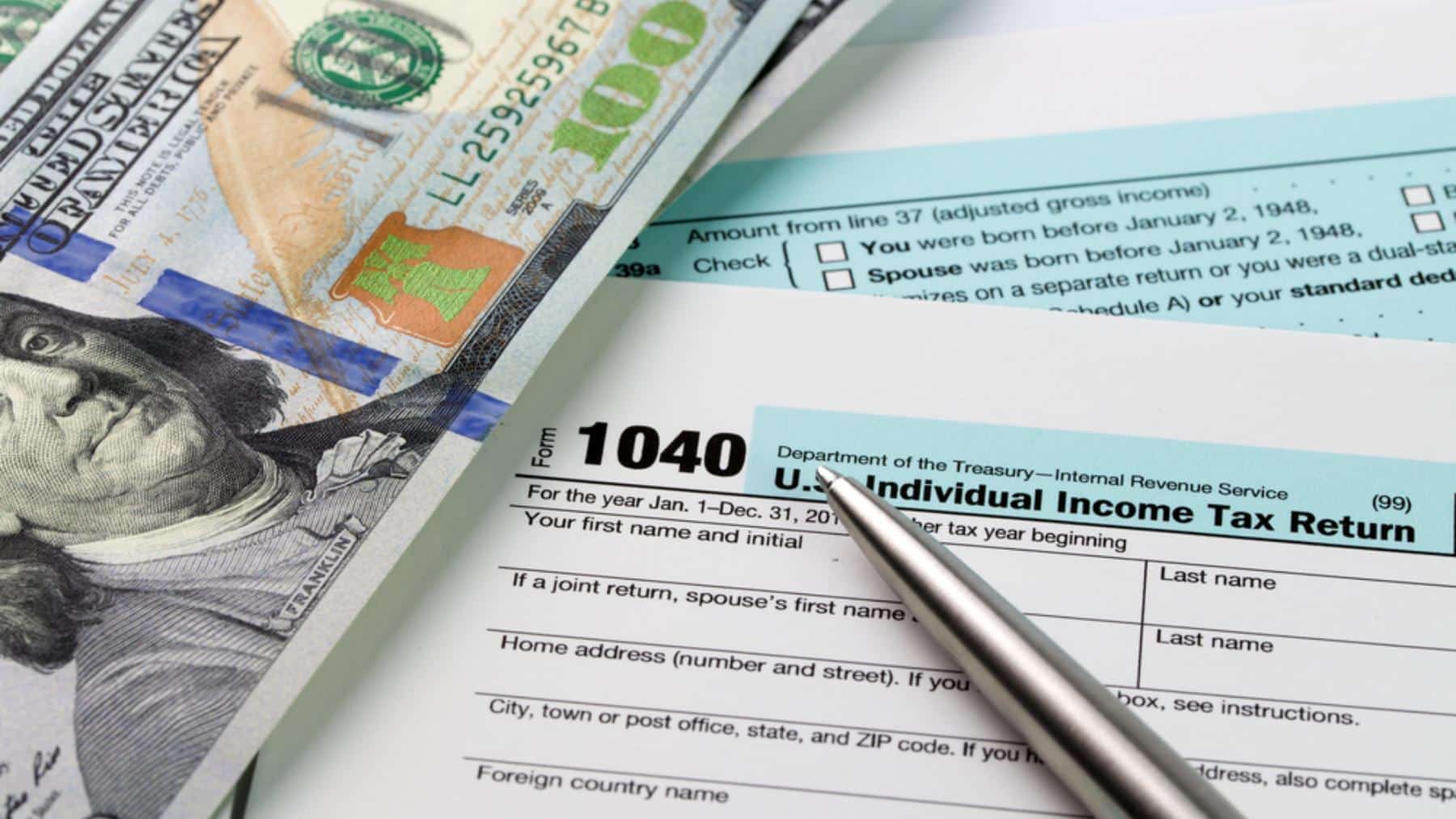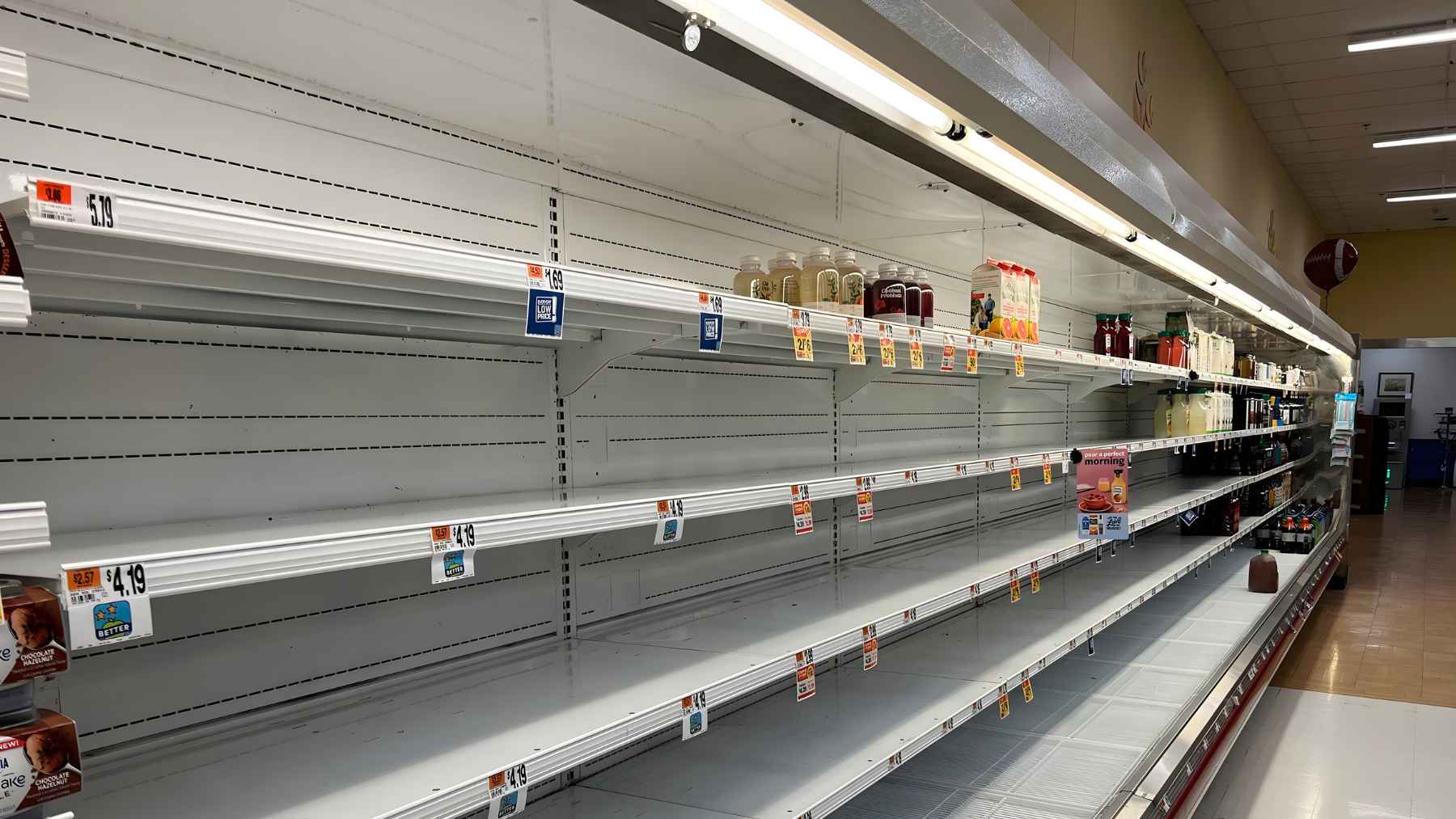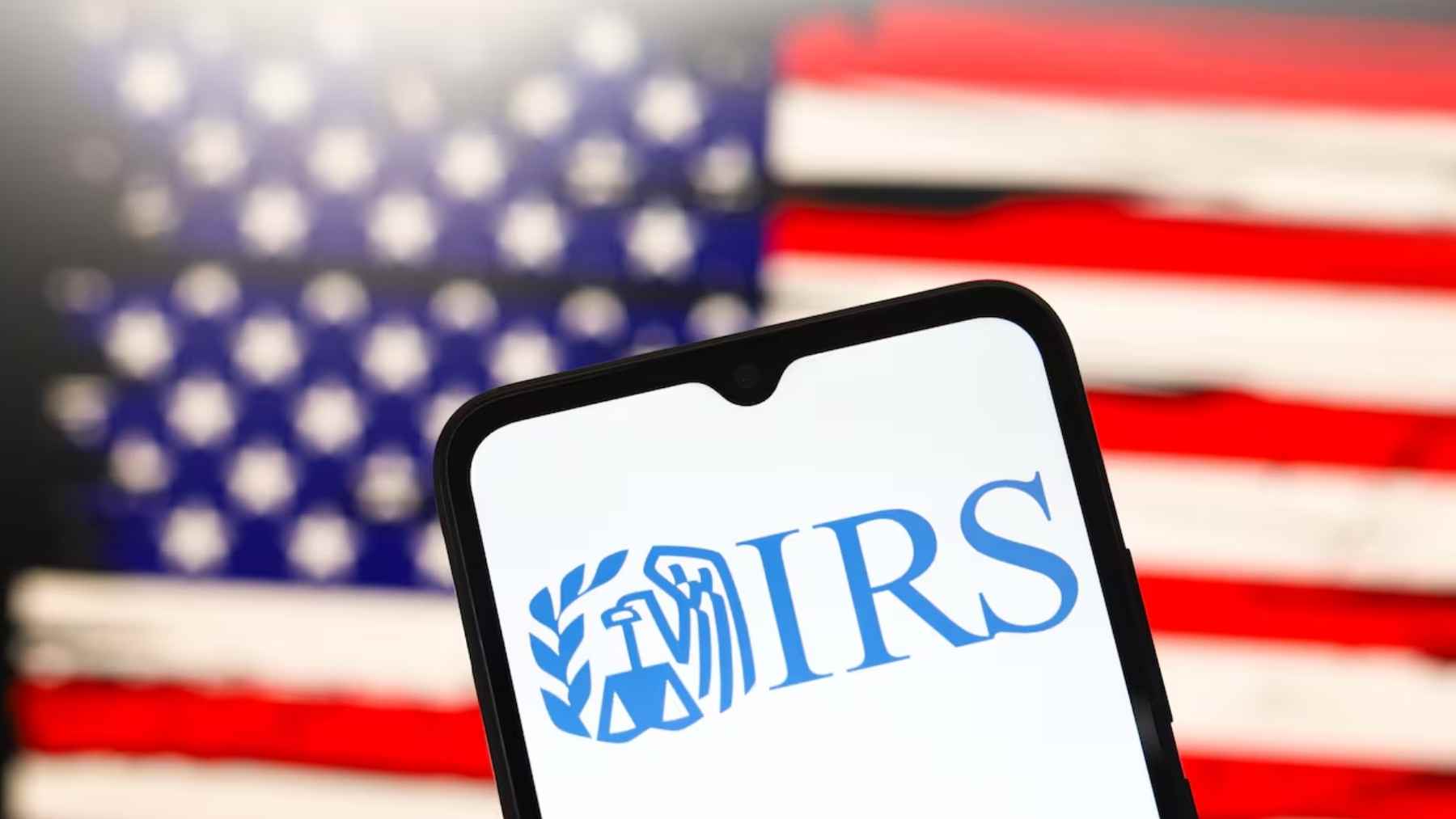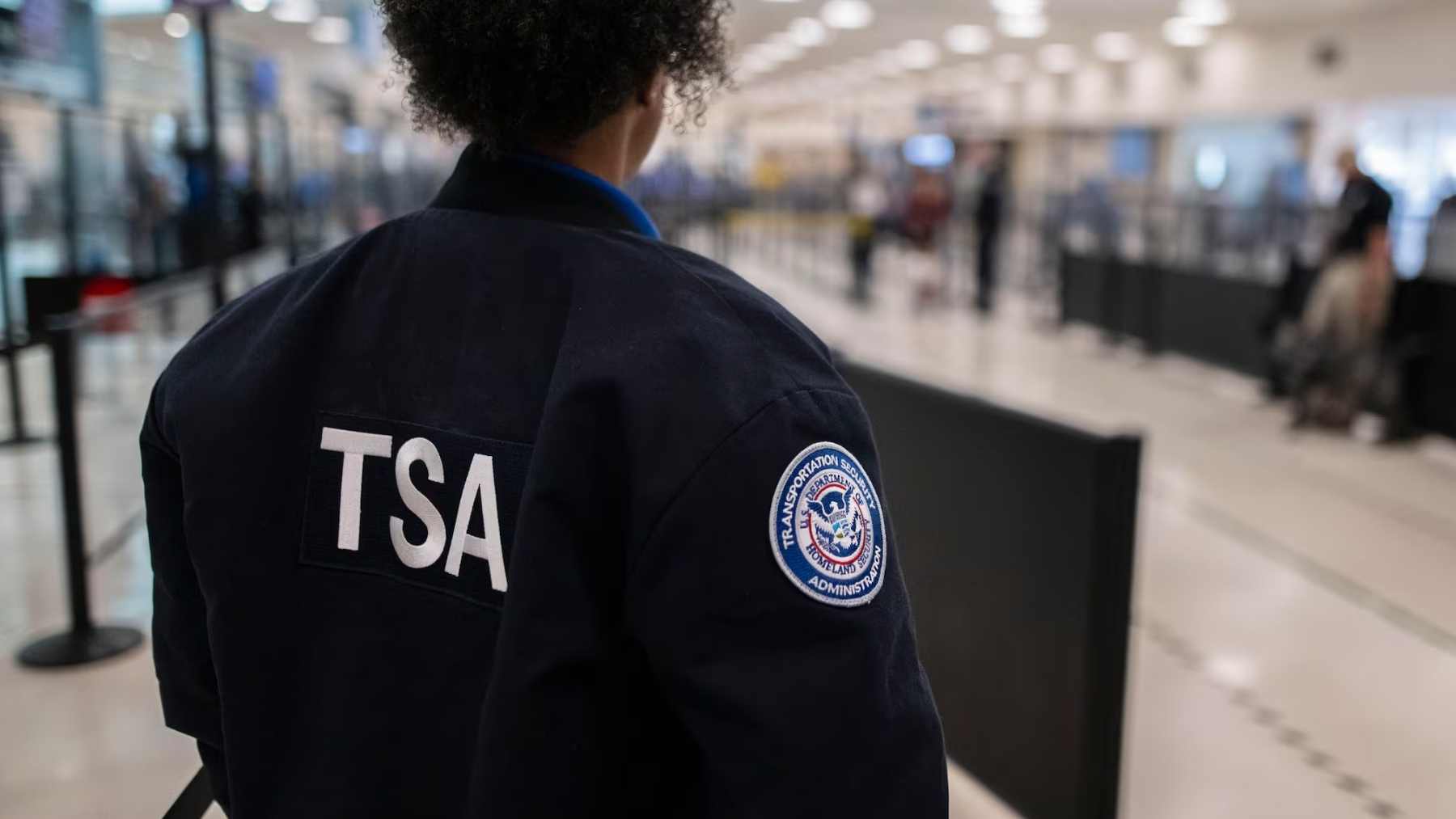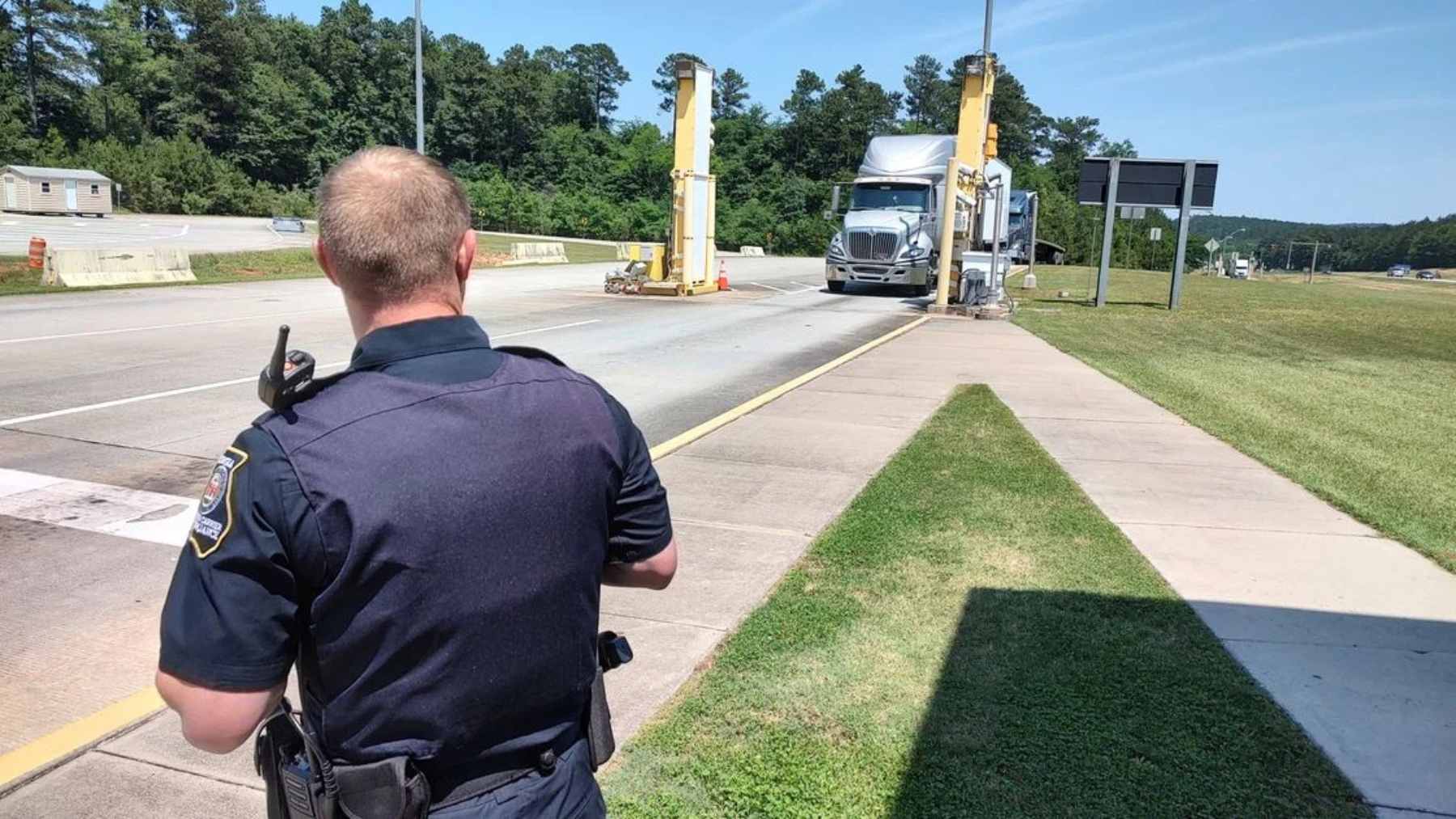Stimulus checks provide much-needed relief to many families who are struggling to cover monthly expenses. In times of economic downturn, they are also an important way to encourage spending to prevent a recession from occurring. During the COVID-19 pandemic, the Biden Administration sent out a series of stimulus checks to help families cover unforeseen expenses due to widespread job retrenchment. Now, those who did not claim their checks may be receiving them this week.
What were the stimulus checks during COVID-19?
During the COVID-19 pandemic, the federal government released a series of three stimulus checks. These payments were referred to as Economic Impact Payments (EIP). The EIPs amounted to a total of $814 billion and were sent out to families between March 2020 and March 2021. The first stimulus payment amounted to $1,200 per filer and up to $500 per child, while the second amounted to $600 per filer and child.
The third and final EIP was released in March 2021 and amounted to $1,400 per filer. However, some people never claimed this credit during the 2022 tax season. Tax filers have up to three years to claim any tax rebates and credits they did not claim in the past. This means that this tax season is the last one where you can file your taxes and claim the $1,400 payment if you have never received it up until now.
Will you receive a $1,400 stimulus check this week?
According to the IRS, most people who did not claim the $1,400 have subsequently received it. Approximately one million taxpayers never filed for the credit in 2022 for their 2021 tax returns. This year, April 15, 2025, is the deadline to submit your 2024 tax returns. Even if you do not make the income threshold to pay taxes, to receive the refund, you must file for the 2021, 2022, 2023, and 2024 tax seasons to receive the credit.
“Eligible taxpayers who did not file must file a tax return to claim a Recovery Rebate Credit, even if their income from a job, business or other source was minimal or non-existent,” the IRS said.
The IRS recommends that you use the IRS Get My Payment tool to check what you must do to claim the $1,400 credit. Updates on the status of your refund will be available online within 24 hours of filing your taxes. If you have filed your returns and are eligible to receive the rebate, you may receive it by the end of this provided there are no problems with your returns.
However, if you did file your taxes but did not claim the missed $1,400, the IRS stated last year that these payments would automatically be distributed to individual taxpayers. The payments should have arrived by the end of January this year. Only those who never filed their taxes for 2021 or neglected to claim have not received this payment yet.
IRS to provide help with filing your taxes
As the end of the tax season fast approaches, many people who have not filed their taxes yet may be panicking, unsure where they should begin. The IRS provides free resources on its website to guide taxpayers through the process of what they must do. Generally speaking, most people only need to submit a tax return. However, if you are a freelancer or have multiple sources of income, filing your taxes can become complicated.
If you need to file your 2021 taxes to receive the missed $1,400 payment, the IRS provides free tax preparation if you make below $67,000, are disabled, are over the age of 65, are disabled, or have limited English-speaking proficiency. If you have never filed your taxes before, be aware of scammers who will try to trick you into paying money you don’t need to. Scams generally increase during tax season as the IRS sends out more communication during this time, meaning people are less suspicious of notifications from the IRS.
